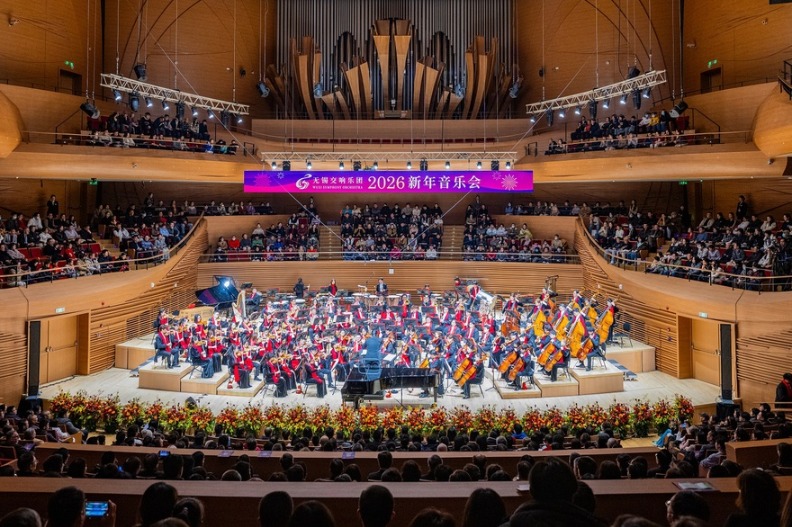Coronavirus disrupts life in cross-border village of China and Myanmar


It's been eight months since 38-year-old Nan Hanrui has been to her parents' home in Myanmar due to the outbreak of COVID-19 earlier this year. Living in Ruili city, Yunnan province, where two imported cases from Myanmar were recently identified, she said she worries a lot about her parents.
Nan, who married a Chinese man in 2002 and now has a daughter and a son, is a member of one of the 95 families resulting from cross-border marriages in Yinjing village in Yunnan, which has a 4,060-kilometer border with Myanmar, Vietnam and Laos.
Last week, two COVID-19 cases, both illegal immigrants, were detected. This led to massive coronavirus testing and required home quarantines for everyone in the city.
Yinjing is also known as the "Village in Two Countries" scenic spot, about 10 km from downtown Ruili. The village is divided into two parts by the national boundary line: the part in China is called Yinjing, and the other part in Myanmar is called Manhlyoe.
The China-Myanmar border in Ruili stretches 170 km, with residents on both sides having interacted closely for a long time.
In Yinjing, more than a quarter of the village's 338 families are a result of cross-border marriages.
"Before the implementation of China's opening-up policy in the 1980s, many Chinese women married Myanmar men. But thanks to our economic growth, now more women in Myanmar have married Chinese men," said Nan's husband Ai Jing, who is also head of the village.
Though they are citizens of different countries, the residents in the border region are mostly from the Dai ethnic group and have the same language and customs.
The China-Myanmar national boundary line in the Ruili section is in twists and turns, indented without obvious boundaries.
Sometimes a small ditch or a field is the border between the two countries, according to Tan Zexin, deputy director of Yinjing Frontier Inspection Station.
In Yinjing, for example, the borders are constituted by bamboo fences, village roads, ditches and low banks of earth between fields. "We have a popular saying that the Chinese melons climb to the bamboo fences in Myanmar to make melons. The hens in Myanmar go to the Chi-nese residents' homes to lay eggs," Tan said.
Myanmar has a total of 19 villages, including Manhlyoe, that share borders with Chinese villages in Ruili. However, those villages are separated by a long river from other regions of Myanmar, which means residents even enjoy more frequent communication with their Chinese neighbors.
According to Tan, governments from both countries grant special certificates to those border residents for their frequent daily communication, such as trade, education and family visits. For example, before the COVID-19 epidemic, many pupils from Myanmar went to Ruili to receive education in primary school.
However, since the coronavirus outbreak early this year, those 19 villages have closed most water channels connecting the land area in Myanmar and only operate a limited number of major ferries for material transportation. People crossing those ferries will receive strict health checks.
Before the outbreak, Ai said, many Myanmar residents came to China to purchase living materials. But the border has been blocked for about eight months. Due to the recent report on the two imported cases, wires have been placed on the Yinjing border, leaving a small entrance under regular inspection.
On Sept 21, local health authorities announced that all urban residents of Ruili have been tested for the coronavirus, and no local cases or local transmissions have been detected. The Ruili government lifted home quarantines in the urban area at 10 pm on the same day.
"I've called my parents regularly over the past eight months," Nan said. "The village they are living in has been blocked recently. Residents are all asked to wear marks. I worried about them a lot, so I called them more regularly than usual. I hope the pandemic will end soon and we can get back to our normal lives."
- Shanghai park holds ceremony for newly-arrived African penguin chick
- Yearender: Xi leads China through a pivotal 2025
- Tianjin University unveils initiative aimed at developing innovative leaders
- Nanjing Massacre survivors decreases to 23
- China rebuffs criticism over drills around Taiwan
- Mainland pledges deeper cross-Strait integration in 2026



































